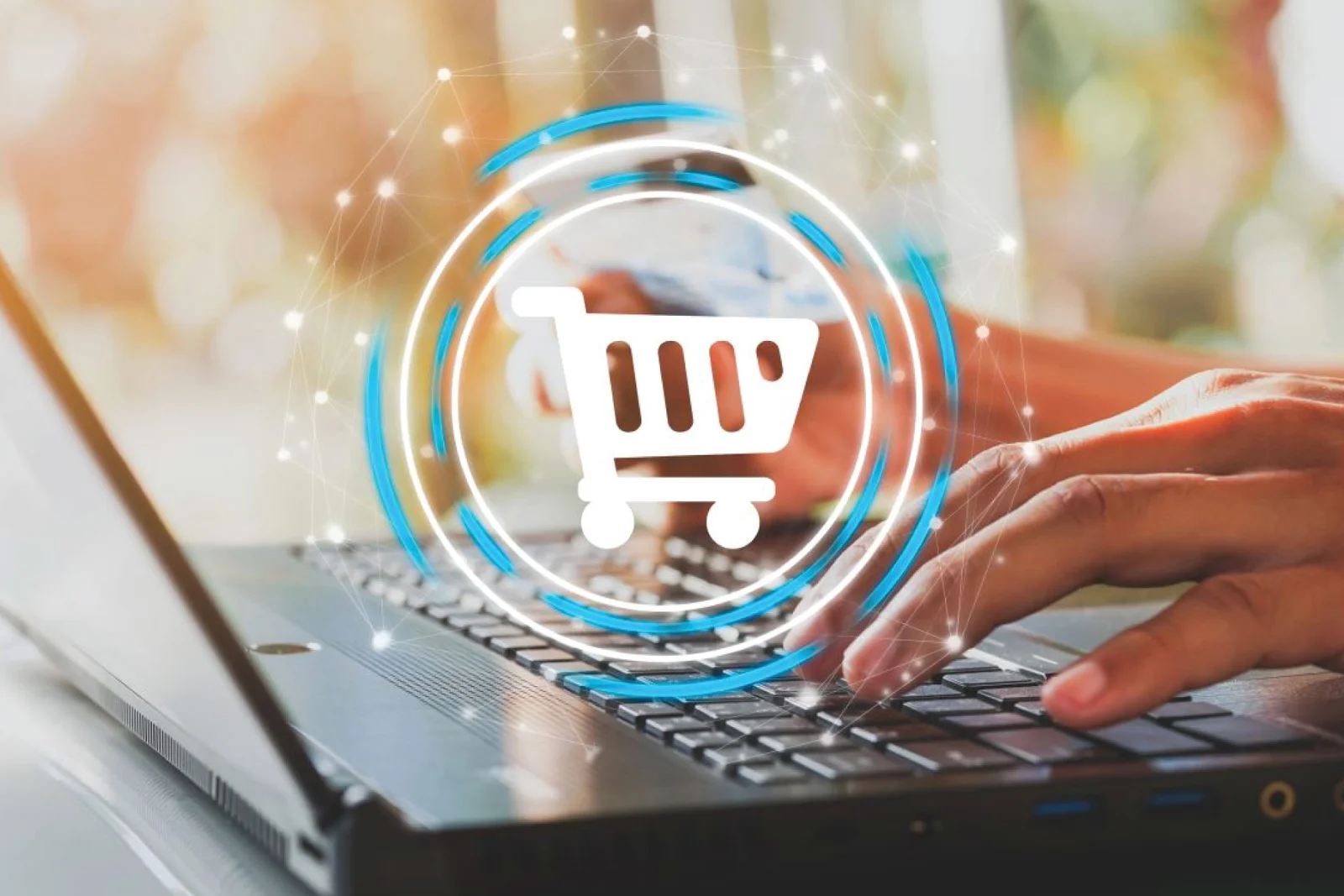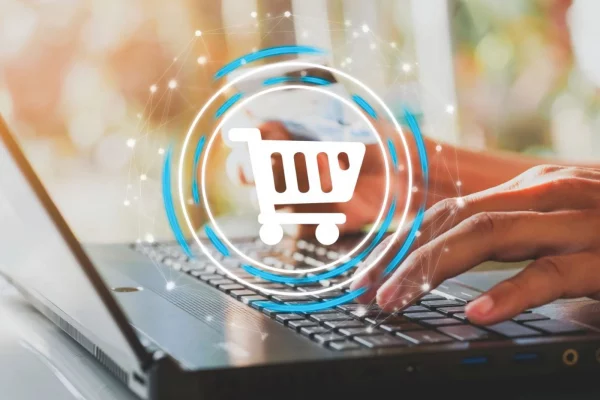Nigeria’s e-commerce and digital payments sector has seen remarkable growth in recent years, thanks to increased internet penetration and a youthful, tech-savvy population. This boom is powered by major e-commerce and digital payment services like Jumia and Konga, along with Paystack, Flutterwave, and Paga, which are bridging gaps in Nigeria’s primarily cash-based economy.
Read more about Business
The Growth of E-commerce and Digital Payments Services
Platforms such as Jumia and Konga have become familiar names to many Nigerians, making shopping easier and more accessible. Jumia covers a wide range of product categories, from electronics to household goods, while Konga has extended its services to include “KongaPay,” a secure payment service designed with Nigerian consumers in mind. These platforms are not just about selling goods; they offer convenience and a vast selection, capitalizing on Nigeria’s shift toward mobile-first shopping due to widespread smartphone use.
The rise of digital payment providers has also played a vital role in Nigeria’s e-commerce development. These fintech companies have made online transactions easier and more secure, especially for small businesses that are now able to accept digital payments beyond cash. Strategic partnerships with banks and mobile operators have helped these platforms grow, while innovations in technology, like APIs, allow Nigerian businesses to easily integrate digital payments. Together, these services have enhanced consumer confidence, driving the adoption of e-commerce further.
Sign up for the Connect Nigeria daily newsletter
Integration of Technology in Everyday Transactions
Technology’s influence extends beyond online shopping to everyday transactions, bringing convenience to sectors like transportation, utilities, and government services, where digital payments are becoming the norm. Today, Nigerians can pay bills, transportation fees, and more through mobile platforms, helping those in rural areas gain access to financial services and contributing to broader financial inclusion efforts. Partnerships between e-commerce and logistics firms have also enhanced last-mile delivery, tackling infrastructure challenges and improving customer experience across the board.
Register to attend the Connect Nigeria Business Mixer
Conclusion and Recommendations
While Nigeria’s e-commerce and digital payments industry continues to thrive, there are certain barriers like infrastructure limitations and regulatory hurdles to address. For consumers, embracing secure digital payment options for safer transactions is essential. Supporting platforms that prioritize customer satisfaction and robust security measures can further enhance the digital shopping experience. Moving forward, collaborations with logistics partners and adherence to consumer protection regulations will strengthen Nigeria’s e-commerce ecosystem, fostering a more inclusive, trustworthy environment that benefits both consumers and businesses.
Featured Image Source: FinTech Buzz
Did you find this article useful? Contact us: [email protected]


